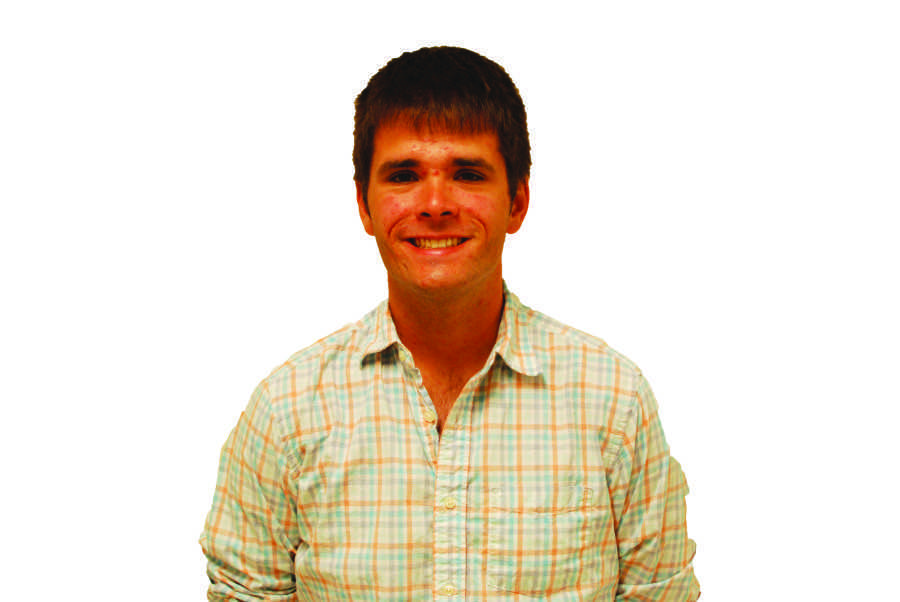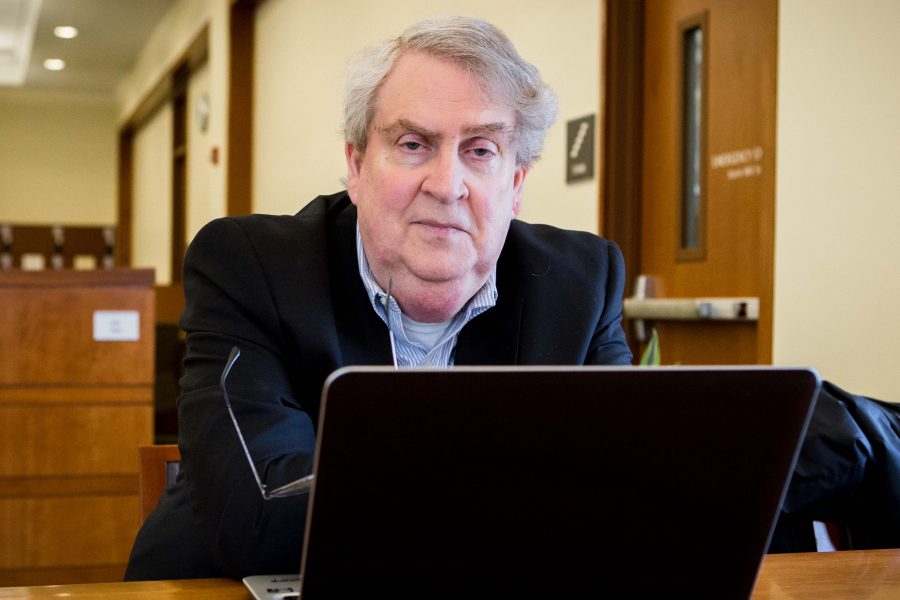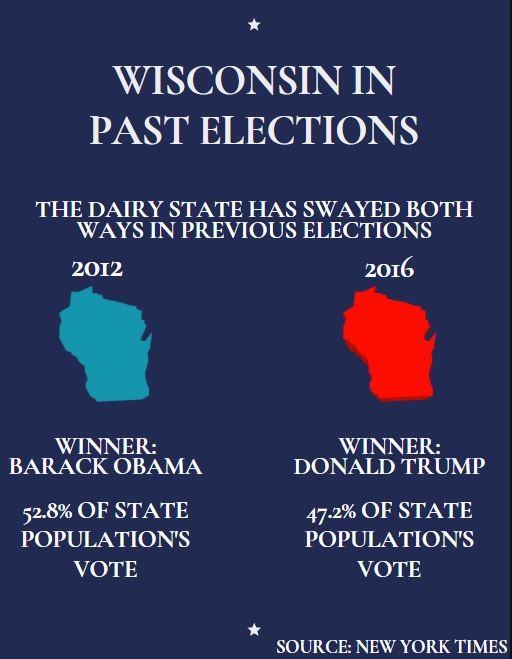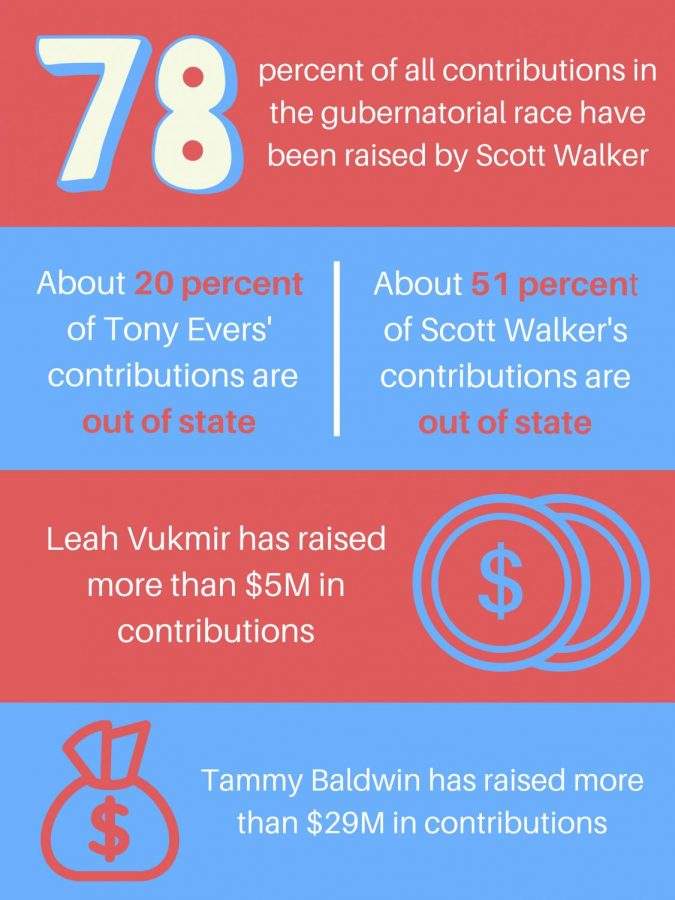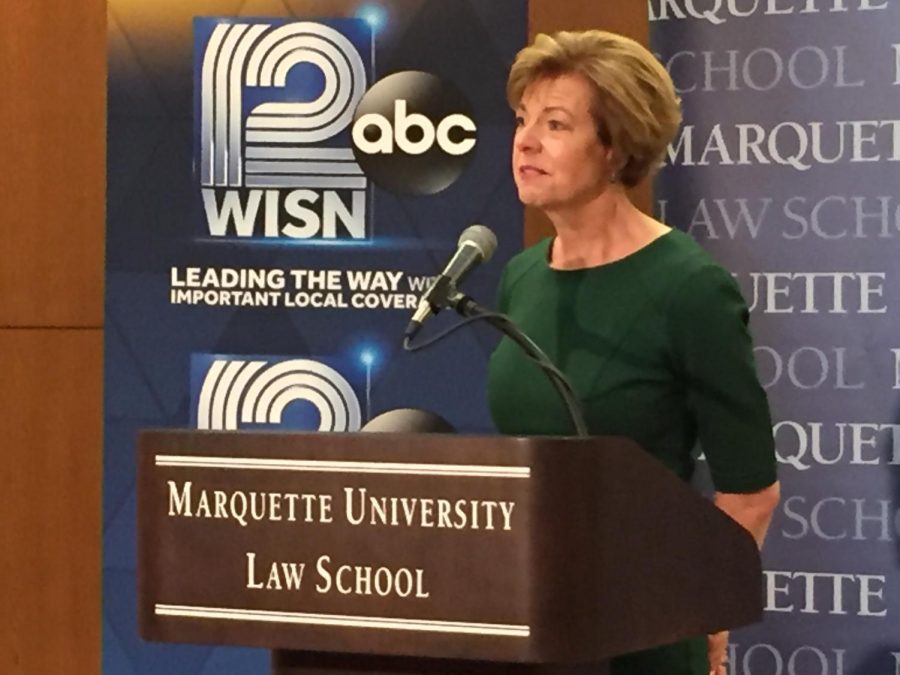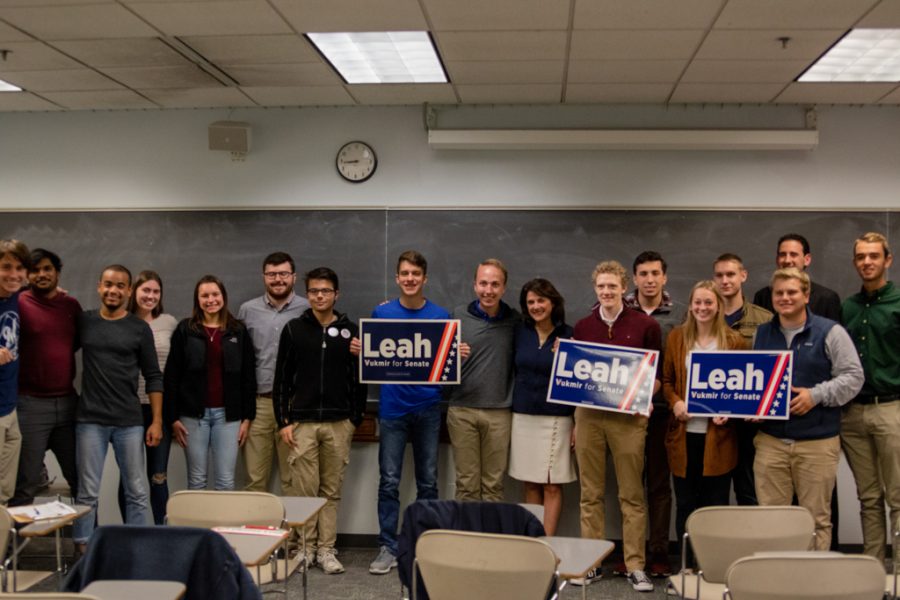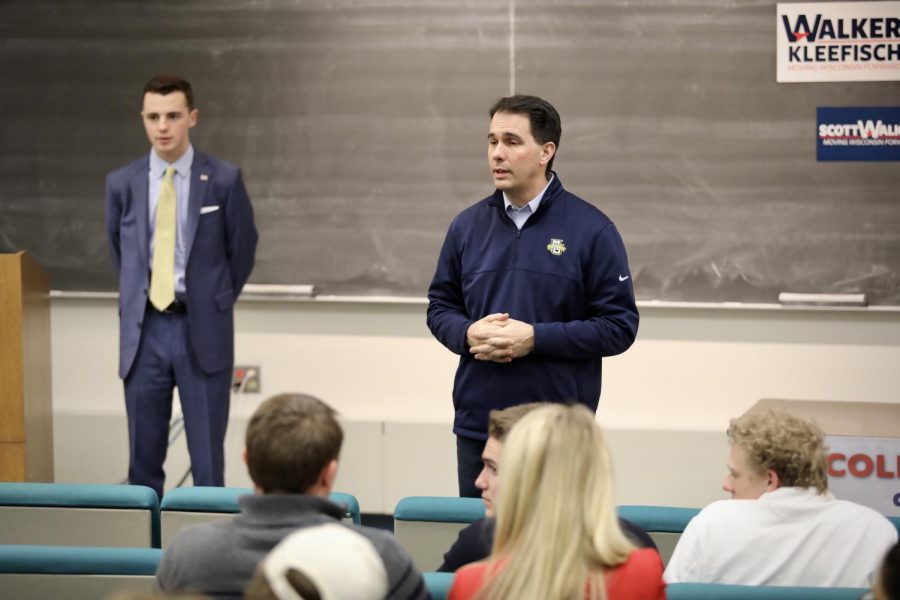
As health care reform legislation makes its way through Congress, many Marquette students are left wondering how it will affect them.
A panel of Marquette professors, a Wisconsin state legislator and a health care reform group leader answered some of these questions Wednesday night at a packed Marquette Hall health care forum called “Unaffordable or Unavoidable,” part of “The Way Forward” lecture series hosted by the Les Aspin Center for Government Alumni Council.
Both sides of the political debate were represented, with two panelists supporting health care reform and two speaking against the suggested reforms. While clear lines were drawn, some crossover occurred in terms of mixing private and public options and the importance of quality in the health care system.
State Rep. Leah Vukmir of Wisconsin’s 14th District, a registered nurse, said she believes current health care reform legislation is intended to destroy the private health insurance market.
“A lot will be lost if this plan does go through,” Vukmir said. “I want to ensure the quality of care for my patients and I don’t believe the federal plan will put us in that direction.”
John McAdams, an associate professor of political science, said that while most college students are not politically concerned, health care reform is something everyone should be aware of.
“College students will be most affected by any changes in the health care system. Not right now — young people don’t use as much health care as older people — but for the rest of their lives,” McAdams said in an interview.
At the forum, McAdams pointed to many aspects of the health care debate that he believes to be misconstrued and misunderstood.
“We do have the best health care system in the world and we can improve it without blowing the whole thing up,” McAdams said.
Students will not only be affected by health care reform, but can also get involved in the legislative process by contacting their representatives and participating in events to raise awareness, said Robert Kraig, panelist and executive director of Citizen Action of Wisconsin. Kraig’s organization is the largest member of the Wisconsin coalition Health care for America Now!, a national lobbying effort that works to pass health care reform.
“This (legislation) will be the most sweeping reform in all of American history,” Kraig said. “What’s driven this debate is cost because cost affects everyone. We are the only advanced industrial country in the world without a nationalized health care system.”
Susan Giaimo, visiting assistant professor of political science, said young adults often do not get health insurance because they are healthy, but anyone can get sick at any time.
“I think that health insurance is absolutely necessary,” Giaimo said. “The private sector has tried to control costs and improve access and it has done a bad job.”
Giaimo said insurance reform is one aspect of health care reform that is not discussed enough, but is crucial to improving the American health care system. Rules are needed to ensure that coverage is equally available, she said.
“If you are uninsured and become sick, you may not be able to get insurance later on,” Giaimo said in an interview. “If health care reform means an individual mandate, then young adults will have to obtain and pay for insurance, either through their employer or through other avenues.”
In the current system, many young adults are not purchasing health insurance. That can cause financial pressures for insurance companies covering mostly elderly customers with increasingly expensive health care. If health care reform legislation does require everyone to purchase insurance, Giaimo said provisions will be included to assist people in finding affordable and quality insurance.


